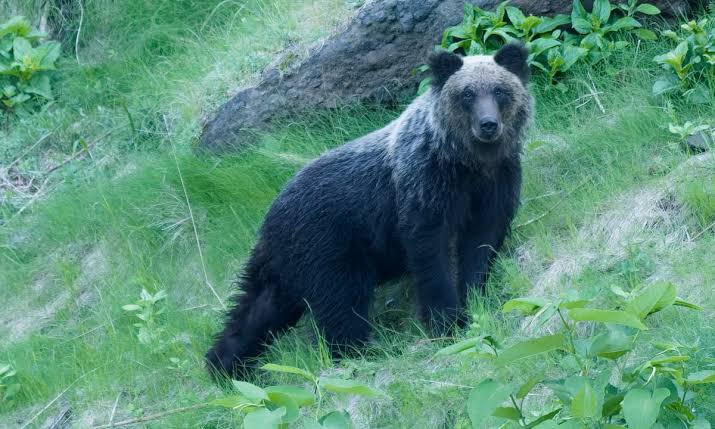A man in Fukushima, Japan, returned home to an unexpected guest: a bear curled up under his kotatsu, a heated table common in Japanese households, local media reported on Dec 24.
The man, in his 60s and living alone, discovered the animal on the evening of Dec 23 with its head tucked under the table’s blanket. “I came home from work and there was a bear with its head shoved into the kotatsu,” he said. The bear, estimated to be about 90 centimeters long, fled the scene after an hour, leaving scattered food behind.
The incident sparked immediate action. Police advised residents to evacuate or secure their homes. By midday on Dec 24, public broadcaster NHK reported that the bear remained in the area, with police surveying the snow-covered property.
This encounter is one of many in Japan, where bears increasingly venture into human settlements. Experts attribute the trend to factors such as rural depopulation, climate change disrupting food supplies, and unusual hibernation patterns. The summer of 2024, tied for Japan’s hottest on record, may have worsened the situation.
In response to growing bear-human conflicts, Japan plans to ease hunting restrictions in 2025. Proposed changes would empower local authorities to authorize emergency shootings in populated areas.
In the fiscal year 2023, a record six people died from bear attacks, and more than 9,000 bears were culled. Earlier this month, a bear rampaged through a supermarket in Akita, injuring one person and damaging the store before being lured out with honey-coated food.
With incidents on the rise, Japan faces mounting pressure to balance wildlife conservation with public safety.


